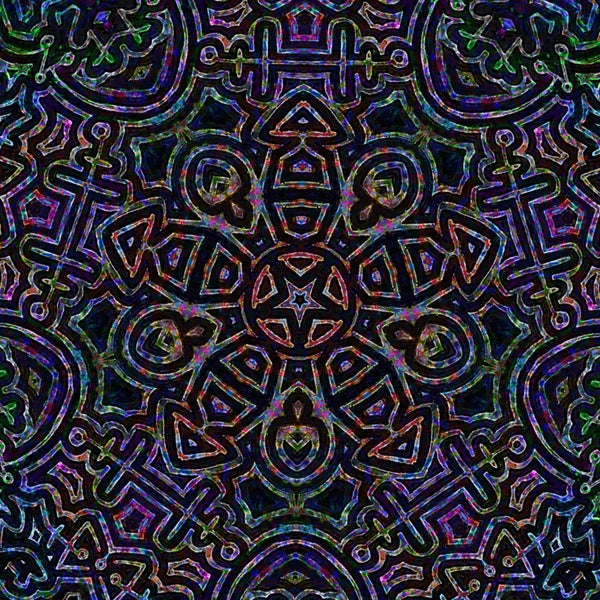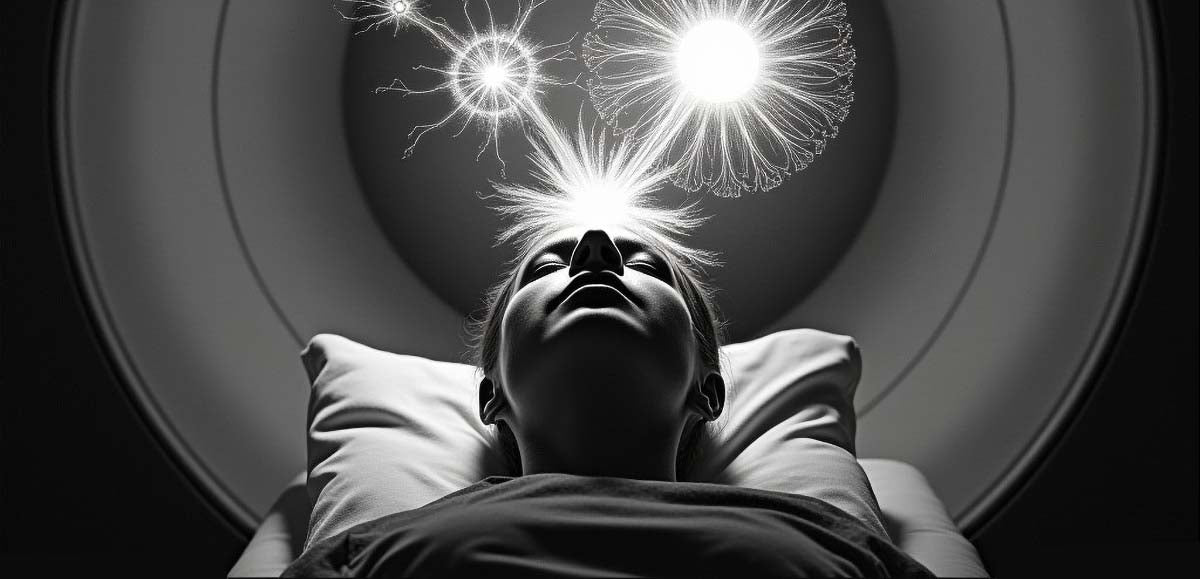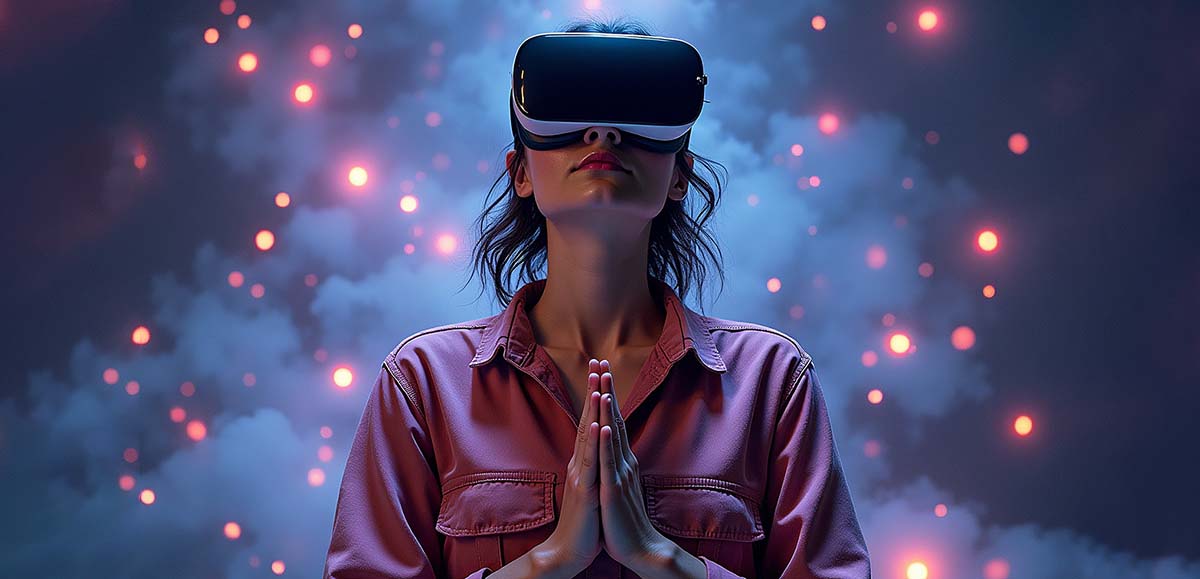Your Cart is Empty
Buy Any 4 Items, Get 15% Off Your Order!
Buy Any 4 Items, Get 15% Off Your Order!
The Psychedelic Renaissance: Can Shrooms Treat Trauma?
September 17, 2022

Over the past few decades, there has been a resurgence of interest in the potential therapeutic uses of psychedelics, often referred to as the "psychedelic renaissance." This renewed interest can be traced back to a series of small studies in the 1990s that showed promising results for the use of psychedelics in treating addiction, anxiety, and depression.
Johns Hopkins University has been at the forefront of psychedelic research for decades, and is widely regarded as one of the leading institutions for this type of research. The university's Department of Psychiatry and Behavioral Sciences is home to the Center for Psychedelic and Consciousness Research, which is dedicated to studying the effects of psychedelics on the brain and behavior.
The center's research focuses on a range of topics, including the use of psychedelics for the treatment of mental health conditions such as depression, anxiety, and PTSD, as well as the potential of psychedelics to enhance creativity, personal growth, and spiritual experiences. Researchers at the center use a variety of methods to study psychedelics, including brain imaging techniques, psychological tests, and surveys of participants' experiences.
One of the most promising areas of research at Johns Hopkins has been the use of psilocybin, the active ingredient in magic mushrooms, for the treatment of depression. In a small pilot study, researchers found that a single dose of psilocybin, combined with psychotherapy, led to significant and sustained reductions in depression symptoms in patients with treatment-resistant depression. Additionally, follow-up studies have found that these effects can last for several months, providing a potential alternative to traditional antidepressant medications.
One study, published in the Journal of Psychopharmacology, found that a single dose of psilocybin was associated with significant reductions in depression and anxiety symptoms in patients with advanced-stage cancer. Another study, published in the New England Journal of Medicine, found that two doses of psilocybin, combined with psychotherapy, led to long-term decreases in depression and anxiety symptoms in individuals with treatment-resistant depression.
PTSD is another mental health condition that has been the subject of research. In a pilot study, researchers found that a single dose of MDMA, a psychedelic drug commonly known as ecstasy, combined with psychotherapy, led to significant reductions in PTSD symptoms in patients with treatment-resistant PTSD. These effects were maintained at the six-month follow-up, suggesting that MDMA-assisted psychotherapy could be a promising treatment option for PTSD.
Many people who have taken psychedelics report having profound and life-changing experiences, often described as "ineffable" or difficult to put into words. These experiences can range from feelings of unity and interconnectedness to insight into one's own life and values. While the exact mechanisms behind these experiences are not fully understood, it's thought that psychedelics may allow the brain to process and integrate information in new ways, leading to changes in perspective and behavior. Some researchers believe that psychedelics could potentially be used as a tool to facilitate personal growth and self-improvement, similar to the way that traditional spiritual practices like meditation and prayer are used.
Despite the potential benefits and relatively low risk of psychedelics, it's important to note that these substances are still illegal in many parts of the world and should not be taken without proper medical supervision. However, as society becomes more open to the idea of using these compounds for therapeutic purposes, it's important to continue researching their effects and potential uses in a responsible and ethical manner. Who knows what discoveries and breakthroughs we may uncover as we continue to explore the mysteries of the human mind?
Leave a comment
Comments will be approved before showing up.
Also in Sacred Surreal Blog
newsletter signup
Be the first to know about upcoming sales and promos. Get a 10% discount coupon when you subscribe!
Subscribe
Sign up to get the latest on sales, new releases and more …

Storewide Sale!
Buy any 4 items and get 15% off your total order! For a limited time only.



